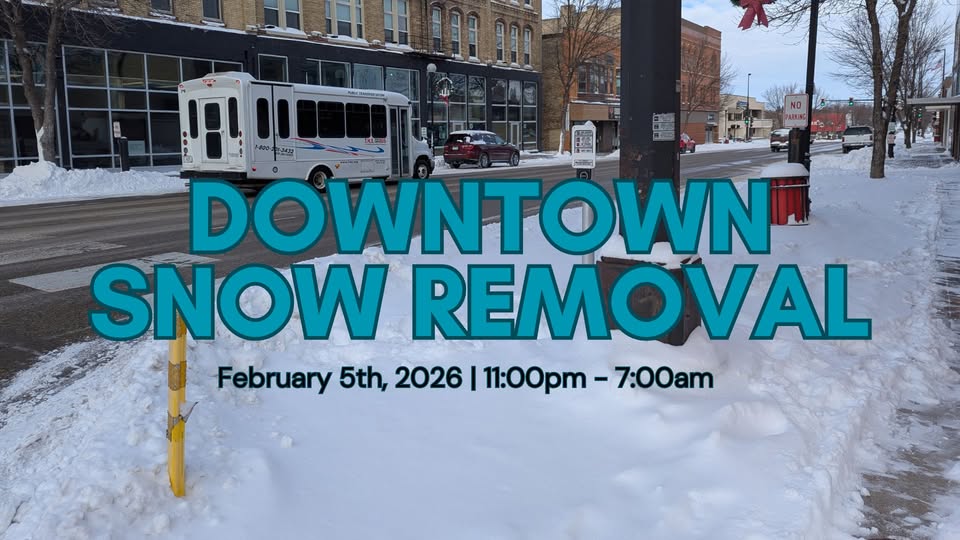Gov. Tim Walz declared a peacetime emergency in Minnesota on March 13 to battle the COVID-19 pandemic. Over the last five weeks, businesses have been closed; people have lost jobs, the way schools provide education has completely changed, and people have been ordered to stay-at-home. The changes have been drastic, and they can affect people in different ways.
Shauna Reitmeier, CEO of Northwestern Mental Health Center (NWMHC), said that because people are different, some have adjusted into good routines with positive coping skills. In contrast, for some, those same routines can be negative ways of coping with the stress and anxiety of COVID-19. “Right now, I think people are trying to adjust to this normal,” said Reitmeier. “A lot of people have to do a lot of work on the fly in setting up new routines. We’ve got children at home, parents working at home, some of the natural supports parents were getting through the school system may not be there. So, some people are coping well with that and have positive coping skills. They are in tune with what they are thinking and feeling and have good routines. Other families are maybe struggling. They might be having irritability, getting testy with each other, or numbing. We talk about using Netflix, and let’s binge Netflix for episode after episode. That is a coping skill that some people are using, but it can also be numbing or increasing uses of alcohol, drugs, or even binge eating during that time because we do not know what to do with the anxiety or the stress that people might be feeling. We are also seeing some of the clients that we’ve been serving are struggling. This is something that none of us have ever been through before.”
Because of the changes brought on by social media, NWMHC has transitioned to telemedicine, and phone meetings with those seeking support said, Reitmeier. “A couple of things we’ve been doing is shifting all of our services to be provided by telemedicine or over the phone,” said Reitmeier. “We have our staff that can help support anybody that wants services so they can help people to see any of our trained providers over video. We use a camera and can connect with people over the technology they may have on their smartphone or computer. If they don’t have access to that, they can come to our main clinic and Crookston to see a provider over video in one of our offices. That’s been helpful, we’ve heard positive things, and it’s easy to access to get services that people might need.”
Reitmeier added the NWMHC’s crisis number operates 24/7 and said they are even available for people who aren’t in crisis but just need to talk. “We’re trying to open our mobile crisis team up to be a support for people,” said Reitmeier. “You don’t have to be in crisis; you don’t have to be suicidal to call our crisis number. You can call if you just need to talk through some things because this is, again, an unprecedented time that we’ve never had before. So, you can call our crisis number at 1-800-282-5005 24 hours, seven days a week.”
For those dealing with stress and anxiety, Reitmeier suggests breathing, healthy habits, and trying to find positive things to reflect on each day. “The first thing I also say is don’t forget to breathe,” said Reitmeier. “Often, when we’re under stress, we forget to take deep breaths. That brings oxygen into our bloodstream and helps us think better. Get some exercise; it is starting to get nicer out, so get out and go for a walk, take care of your body, stay hydrated, and eat healthy foods. Take care of those basic needs. And pay attention to what am I feeling. There are lots of interesting pictures and things you can look up to highlight and identify what your feelings are because sometimes we get caught into the routine of what we’re doing and don’t even know how we’re feeling. Just acknowledge that. Think of three good things that happen in a day. If we think everything is bad all the time, we stay in the negative thought process. But if we think about positive things that are happening in the day, that’s another strategy to help people get out of the negative mindset that people might be having.”
Reitmeier also said that being social is important, so even though we need to maintain physical distance, people should take advantage of ways to engage socially with friends and family. “We’ve been trying to reframe that a little bit,” said Reitmeier. “While we need to have physical distancing for safety and health, the social connection is still important. So, get on the phone to call your friend, call your family members, send a text message to somebody you haven’t been in contact with for a while. It doesn’t have to be a long letter; it’s just reaching out to people. I’m even setting up a group call with all of my distant cousins living across the state. Staying connected is important because we feel alone, and we’re isolated during this time, but it doesn’t mean we can’t stay connected.”
Reitmeier also said people who are feeling stress and anxiety, or who aren’t sure their coping strategies are working, shouldn’t hesitate to call NWMHC. “Don’t hesitate to call,” said Reitmeier. “If you’re not sure the positive strategies you’re trying to put in place aren’t helping your mood and you’re feeling like you’re struggling, reach out to get some help. You can call our number at 218-281-3940 or feel free and call our crisis line even if you just need a little support or someone to talk to.”
Tags:



